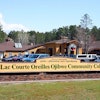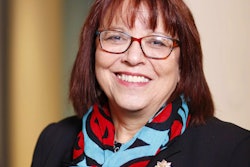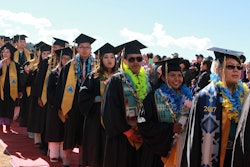Tribal Colleges and Universities (TCUs) have been in existence for over 50 years, serving not only Native American and Alaskan Native students but anyone from the rural communities where they reside. The 35 TCUs in the U.S. train future teachers, nurses, engineers, and more.
Yet despite serving almost 28,000 students yearly, experts say TCUs are often invisible to the public or seen as institutions of lesser quality than other public or private institutions, despite being accredited by state agencies. On top of that, TCUs are grappling with notoriously small operating budgets, relying almost entirely on federal funds or donations. The majority of TCUs receive no state funding, despite some 20% of TCUs students not belonging to any tribal nation.
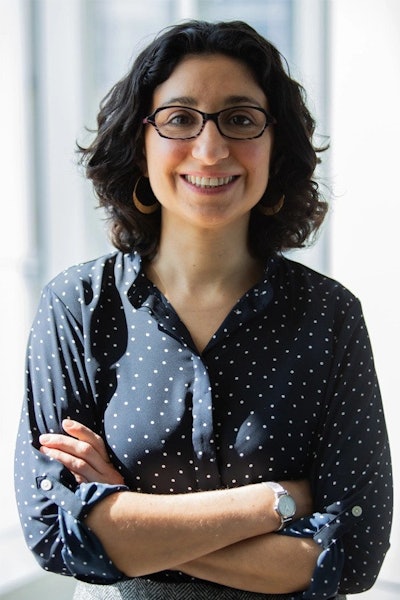 Marcella Bombardieri, senior fellow at the Center for American Progress.
Marcella Bombardieri, senior fellow at the Center for American Progress.
Bombardieri has been working on a three-part series with CAP that can draw more public attention, and ideally the attention of potential funders, to these vital institutions. Her work has helped to illustrate just how TCUs are able to stretch the dollars they do receive into building programs that revitalize vanishing Native American languages and cultural practices while offering a pathway into the workforce. Experts hope that, with more flexible funding, TCUs will be more easily able to not only support their students, but recruit and retain more faculty and expand programs that serve regional needs.
The American Indian Higher Education Consortium (AIHEC), which has been working since 1973 to bring TCUs to the attention of federal policymakers, found that for every one dollar invested in TCUs, the return is at least $5.20 each year.
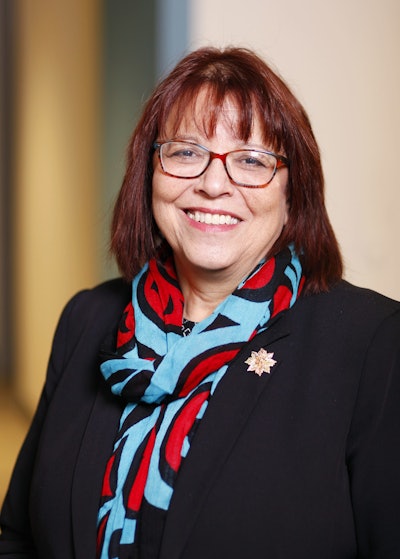
To ensure students have what they need to reach their educational goal, faculty, staff and administration at TCUs often wear multiple hats in addition to their titled role. Faculty have been known to buy a student’s textbooks if the student cannot afford them. At Leech Lake Tribal College, a weekly drum ceremony is accompanied by a feast for the whole community, a reliable meal available to everyone and the hungry student. A Gallop poll conducted with The College Fund found that 59% of TCU alumni strongly agreed with the statement, “my professors/instructors cared about me as a person,” which is 27 percentage points higher than other college graduates.




